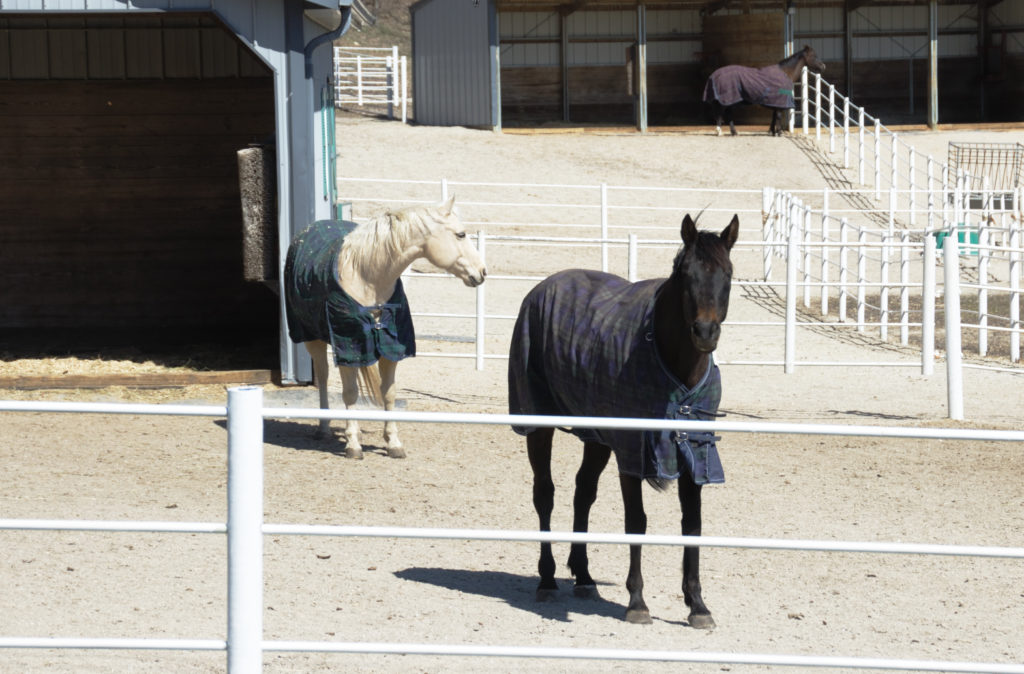
Supplementing Horses With Vitamin E
Vitamin E deficiencies can cause neurologic and other health problems in horses. As such, at-risk horses—from breeding stock and foals to equine athletes and pasture pets—might benefit from supplementation.

Vitamin E deficiencies can cause neurologic and other health problems in horses. As such, at-risk horses—from breeding stock and foals to equine athletes and pasture pets—might benefit from supplementation.

Dr. Joe Pagan founded Kentucky Equine Research in 1988 and, in the three decades following, he and his staff have witnessed the evolution of equine nutrition and research trends.

Are you and your horses heading south for the winter? Prepare in advance to keep your equine charges healthy during and after transport.

A trainer asks how to classify her horses’ workload when considering their nutritional needs.

A high-fat, high-fiber “museli” mix appeared to supply sports ponies with enough energy to perform well and maintain body condition while reducing blood glucose levels after meals, potentially reducing their risk of metabolic disorders.

The ill-fated WEG endurance competition was abandoned amid delays, disruptions, and dangerous heat. Here’s a look back at what went wrong.
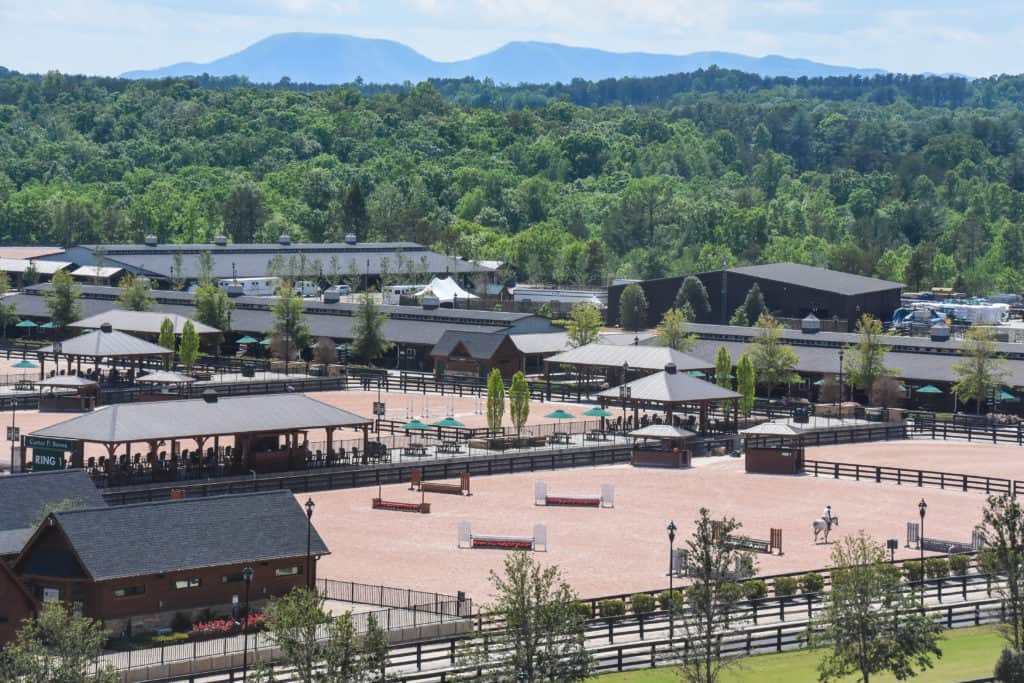
A fast-growing equestrian epicenter in a North Carolina hamlet prepares to host the 2018 World Equestrian Games.
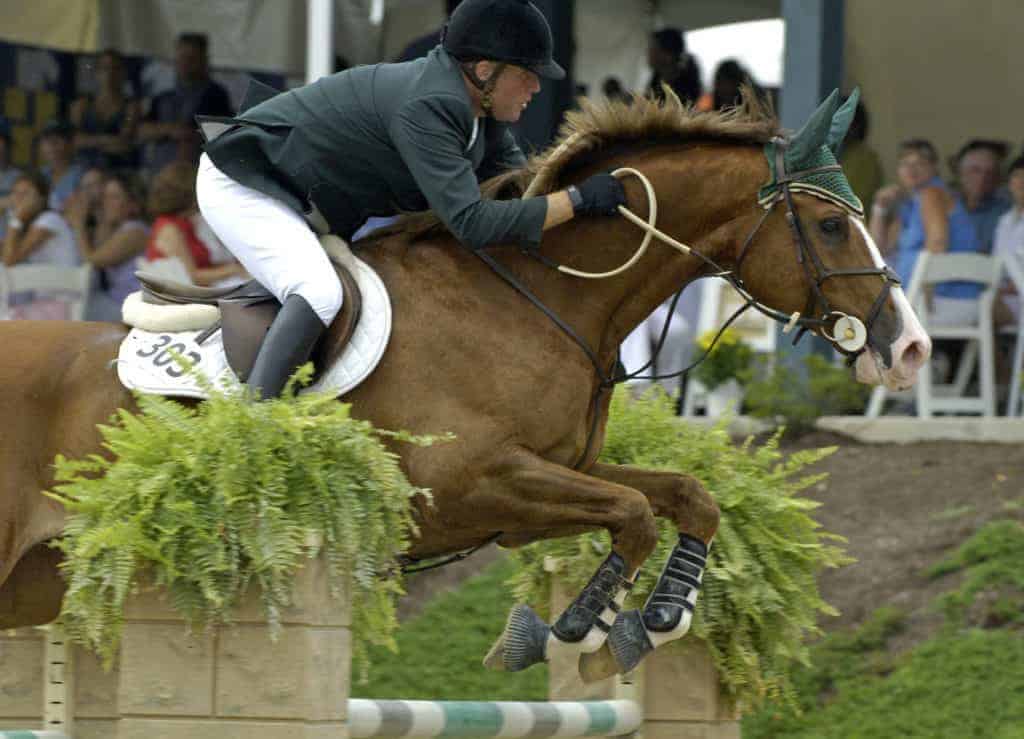
Good footing, proper conditioning, balanced nutrition, and careful attention to joints and soft tissues are key to maintaining eventers, hunter/jumpers, and dressage horses.

Whether you’re taking your horse on a back-country vacation, moving out of state, or traveling to the World Equestrian Games, don’t assume your horse’s feed will be available at your destination.

Take steps to manage your horse’s weight and behavior while he’s cooped up.
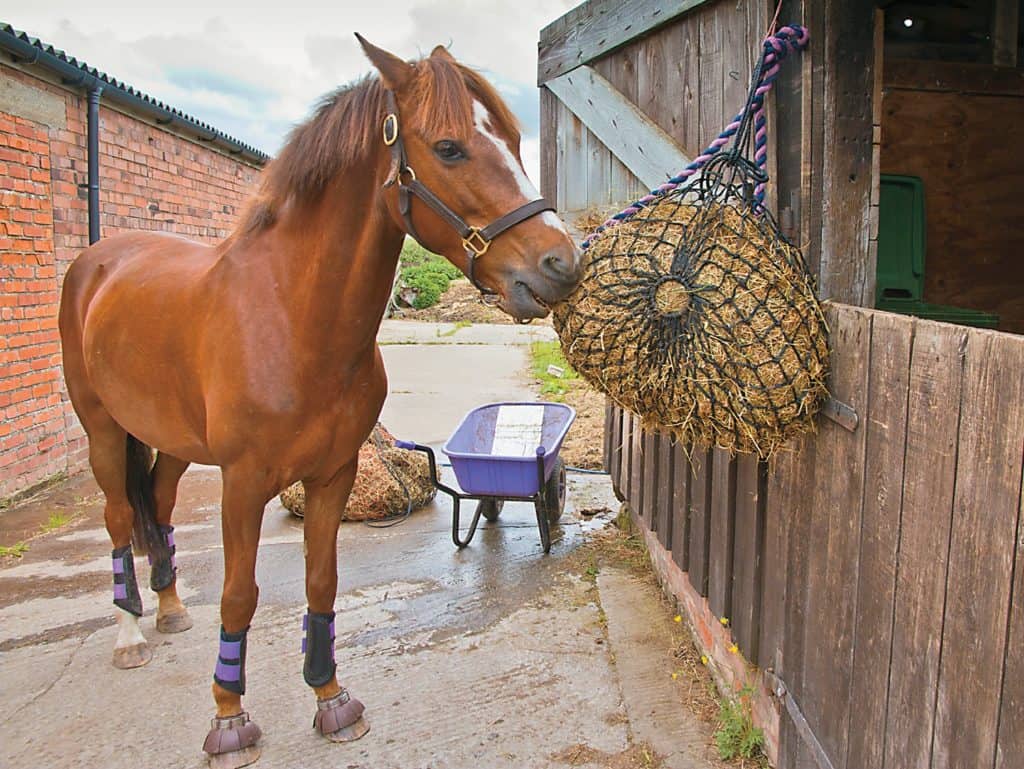
Common feeding practices could be causing your horse’s stomach acid levels to rise.

Horses that don’t compete aren’t immune to gastric ulcer formation. Here’s what to watch for.

An automated feeder that provides grain in multiple small meals throughout the day might help reduce the prevalence of gastric ulcers in horses in training.
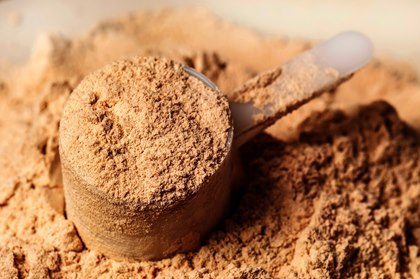
What do probiotics and their counterparts–prebiotics–do for horses? Here’s what the current research says.
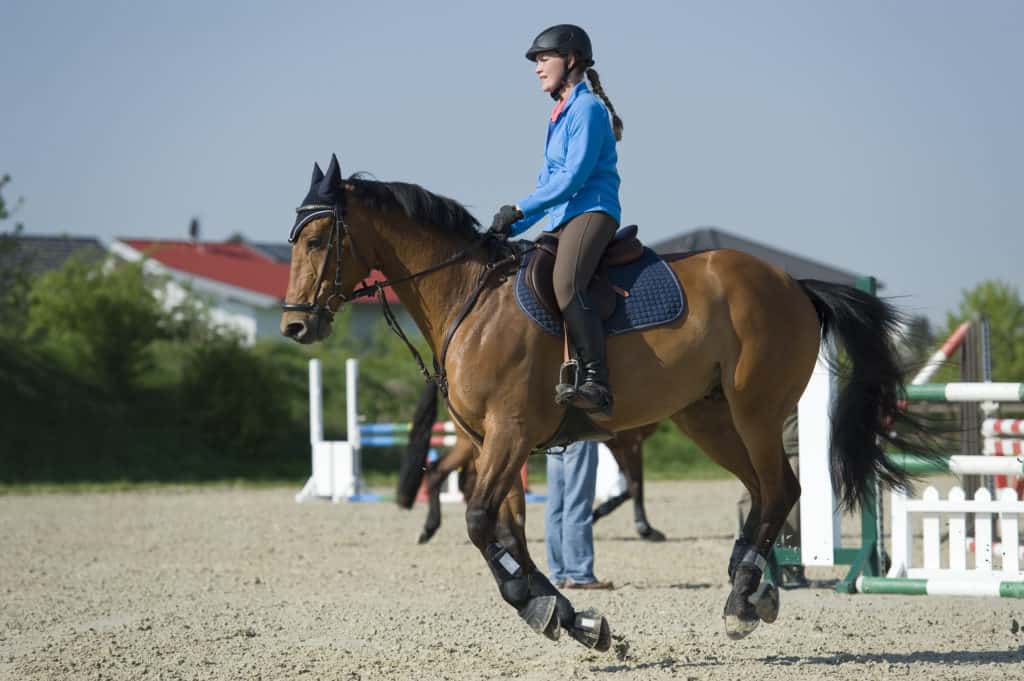
Researchers determined that the diet and exercise recommendations veterinarians make for horses with PSSM1 can help improve, but likely won’t eliminate, clinical signs of PSSM2 in Warmbloods.

Find out how Claire Godwin, DVM, keeps her 27-year-old endurance horse PL Mercury in elite condition, from joint support to conditioning tactics.
Stay on top of the most recent Horse Health news with
"*" indicates required fields